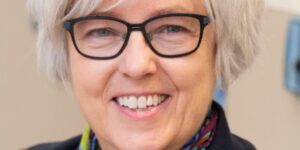An Interview with Professor Alicia Jenkins – Endocrinologist, Researcher and President of Insulin for Life
In this issue of the Australian Medical Student Journal, we are fortunate to interview Professor Alicia Jenkins, a Clinical Endocrinologist at St Vincent’s Hospital Melbourne, Director of Diabetes and Vascular …


